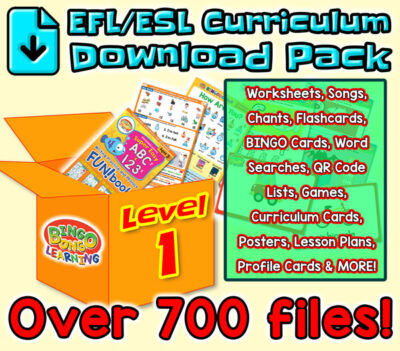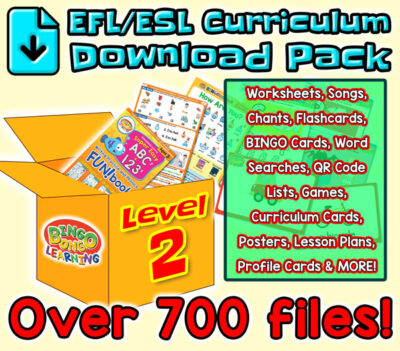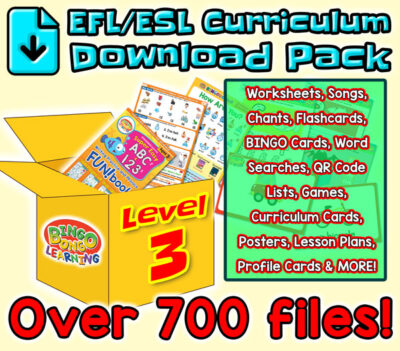Help your students win an English speech contest in Japan with this guide

Speech contests are popular across Japan, from kindergarten students to adults!

In Japan, English speech contests are popular. You can find contests for nearly all age levels from kindergarten students to adults. They are especially common in junior high schools, with nearly all public junior high schools in Japan competing in local, city, prefectural and national levels. Many students think winning is the most important part of an English speech contest, but actually the process of memorizing a speech and practicing numerous times will have many long-term benefits in their ability to speak English whether or not they win. (Of course winning is an awesome added bonus!)
Speech contests are an effective way to improve English speaking ability because students must learn to recite a speech from memory. This helps ESL students master natural English pronunciation and intonation which are difficult to learn from reading and writing. Speech contests might not be ideal for all students who study English, but for students who are motivated and want to take on the challenge, participating in a speech contest is a great experience.
Follow these steps and cross your fingers! With a little luck you can win!
In this guide, we will cover several points which will help you coach and prepare a student for an English speech contest in an effective and strategic way. Using these tips your students will be able to memorize a speech with greater confidence and deliver it in front of an audience sounding like a natural, native English speaker.
1. Write an amazing speech (or find a moving story for recitation)
There are usually two categories of English speech contests: original speeches and story recitation for lower level or younger ESL students. The content of a speech itself can be up to half the points of a student’s overall score. It’s important to help your student write a strong speech which is easy to understand and easy to deliver. You should try to avoid difficult, complicated, or controversial topics that could lower the student’s score. Also avoid unfamiliar names or words unless it’s a major part of the speech. Speech contest judges are often not native English speakers, so a student might lose points if the content isn’t easy to understand.
A strong opening, followed by two or three paragraphs and conclusion is typically a good format for a speech. Topics which are positive, uplifting, or interesting generally get more points than difficult political topics. Humor is not recommended because most times humor is hard to understand in a second language. Some titles from speeches that have done well in past English speech contests are, “Gesture Differences,” “My Road Leads to a Dream,” “My Hero,” “Grown in Many Ways,” and “To Enrich Family Life.” To get a good idea of the rhythm and delivery of a great speech, watch this video of the winning speech from the high school national champion in 2012 on YouTube.

2. Get the student familiar with the speech/find the biggest mistakes to tackle first

An English speech contest participant’s copy of the speech after 4 weeks of coaching
Once the speech is decided and written (often times written by the student and rewritten by the student’s teacher or speech coach), the first thing you can do is sit down with the student and have them read the speech. In general, reading is a terrible way to memorize a speech because English pronunciation and intonation are highly irregular. Reading the speech to gauge the student’s weak points in the beginning is the only time reading is acceptable. A teacher can quickly find and outline the most difficult words and sentences that the student struggles with.
It’s generally best to have a student memorize a speech strictly from a high-quality audio or video recording, but the student should always have a copy of the speech for the teacher to write notes on. My students often have just a single copy of the speech they use from the beginning to the end of the entire coaching process. It gets a little messy by the end, but it’s easy for the student to have all their weak points shown in one convenient place. Try using a new color or different symbols to differentiate the suggestions made in each coaching session.
3. Memorize the speech by listening only
Now that smartphones and YouTube are widely available, a speech coach should record the speech for the student to use to memorize the speech and hear the weak points that need to be corrected each time the student and coach meet. If you have a high-quality voice recorder or microphone, it will provide a clearer recording for the student. High-quality lavalier microphones are also cheap and readily-available. They make it possible to record clear, high-quality audio with a smartphone.
The first recording of the speech should be at a relatively slow speed, yet maintain the natural combination of words and intonation. A speech coach should also record their own mouth saying the speech to show the student the correct mouth positions and movements for difficult words. After the student has memorized the speech by listening to the slow recording many times, the speech coach will eventually make a new recording at a more natural speed.
The sooner the student can memorize the speech, the sooner the coach can focus on correcting small pronunciation and intonation mistakes, as well as fine tuning the speech delivery. It’s ideal to have at least 3 – 4 weeks of time for coaching between the time the student memorizes the speech and the English speech contest.
4. Hold weekly coaching sessions with adequate time in between
Once or twice per week is usually a good pace for coaching once a student has memorized the speech. Closer to the speech contest, it’s good to increase that number to twice or three times per week. Some junior high schools suggest meeting with students daily, but that doesn’t give the students enough time to practice and internalize suggestions and corrections from the previous coaching session. Try not to overwhelm or put too much pressure on your student.
At first there will be many places for improvement when the student gives the speech, but a good speech coach will only try to find between 5 and 10 things to improve each time. Mark these corrections on the student’s copy of the speech and make an audio/video recording of that day’s corrections. Putting the video on YouTube as an unlisted video and giving the link to the student is a convenient way to practice until the next coaching session. Giving the student the data on a USB stick or CD are other convenient options.
Through this process of focusing on a small number of corrections each time, recording the correct pronunciation, and giving the student time to practice, you will see the student slowly, but surely, make progress and build confidence.
5. Practice delivering the speech under pressure
For many students, it will be their first time to participate in an English speech contest, so they won’t know what to expect on the big day. Coaching them on points such as smiling, glancing around the room while speaking, and having natural gestures are important points for a coach to explain to the student.
About one week before the speech contest, try to arrange for your student to deliver the speech in front of their classmates, or in front of their entire school if possible. This will help them learn to give the speech under pressure. Taking video of these practice speeches is also useful for the student to see how they act while giving a speech and can be used to improve the delivery of the speech.
6. Time the length of the speech
Most English speech contests have a time limit of 3 -5 minutes. Don’t worry if the student goes over on time when reading the speech for the first time or during the first couple weeks of practice. The best way to decide if the length of a speech is appropriate is for the coach to read the speech at an appropriate speed and time it. A well delivered speech should have a good pace with proper rests between sentences. Try to aim for 15 – 30 seconds under the maximum time when writing or choosing a speech. The final week of coaching is the best time to make sure the student is giving the speech within the allowable time.
There are many other videos on YouTube to get an idea of the best “tempo” for giving an English speech. Search YouTube for “Speech Contest National Champion” in Japanese to see the best of the best.
7. Add gestures and body movement to speech if necessary
Gestures are probably the most controversial topic when talking about how to give a speech and how to judge a speech. Some judges (often times non-native speaking judges) love over exaggerated gestures during a speech, while others think that too much body movement is not natural when speaking. Some speech contests even have a point category for guestures on the judges’ score cards which can be up to 20% of the total score. This is another unpredictable element of the final score in speech contests.
Adding some small, natural gestures in the speech is the safest approach. Try to find out how much of the student’s score is based on gestures, and you can decide how wild to make the gestures from there. The coach should also make a video for the student to practice gestures as well since gestures tend to vary heavily among different cultures.
8. Have fun on the day of the English speech contest
If a speech coach works with the student to do everything outlined above, there’s not much to do on the day of the speech contest other than stay relaxed and have fun. The student should be well prepared and able to give the speech in English with excellent pronunciation and delivery. Just tell the student to relax and enjoy their time on the stage.
By following this process of practicing for the speech, your student will have greater chances of doing well on their big day. Sadly, there is a lot of unpredictability of how each judge will score a speech, so there are no guarantees. It’s disappointing for any student and coach to work so hard and not become one of the contest finalists. In this case, it’s important to understand that regardless of winning or losing, the process of memorizing and mastering the speech is something that makes the student a better English speaker for the rest of their life.


















